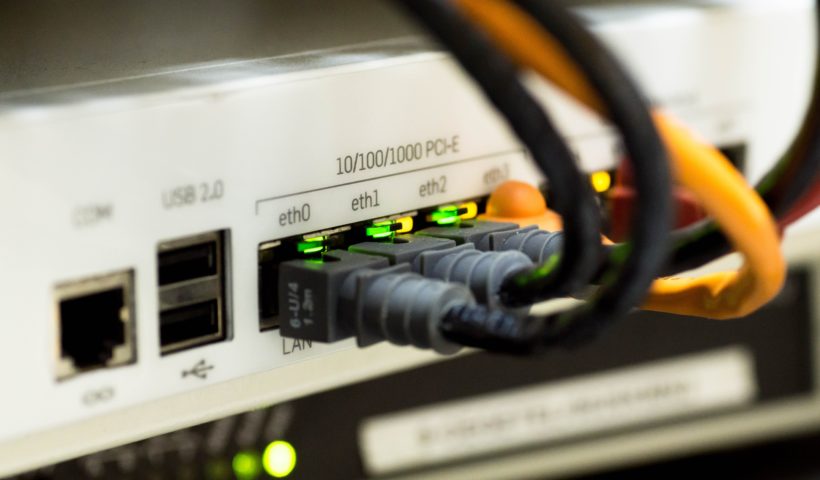Climate change has long been underway, but new research has shown that the known effects of climate change may be expanding to include an increase in infectious disease. Are we able to curb the severity of these consequences before it’s too late?
View More Climate Change Concerns May Be Getting WorseCategory: Semester
Growing Up with CRISPR
The three known children with successfully edited genomes through CRISPR are now raising questions about health, safety, and surveillance for genetically modified humans. Although their well-being is paramount, how do parents, researchers, and lawmakers balance physical, mental, and financial well-being throughout the childrens’ lives?
View More Growing Up with CRISPRActivision Blizzard and The Harrowing Path for Diversity in the Video Game Industry
Since 2021, video game companies such as Activision Blizzard have come under fire after several employees reported sexual misconduct. The legal battle between the California Department of Fair Employment and Housing and Activision Blizzard shows how reformation within the industry’s social infrastructure is crucial.
View More Activision Blizzard and The Harrowing Path for Diversity in the Video Game IndustryElon Musk’s New Stake in Twitter and the Unchecked Power of Tech Giants
Elon Musk, the CEO of Tesla and the richest man in the world, recently purchased enough shares of Twitter to have a 9.2 percent stake, making him the largest shareholder of the social media company. Musk’s appointment to the board of Twitter has brought about questions of free speech, social media deregulation, and the ability of the extremely wealthy to influence the way that our world communicates.
View More Elon Musk’s New Stake in Twitter and the Unchecked Power of Tech GiantsThe Disproportionate Effect of Gas Prices on Gig Workers
The current cost of gasoline is at an all-time high, and food delivery and rideshare drivers’ income is directly tied to the price at the pump. Fuel costs have become an obstacle to many of these workers making a reasonable income.
View More The Disproportionate Effect of Gas Prices on Gig WorkersThe Bias and Contradiction of Dating Apps
Many popular dating apps utilize subjective algorithms and addictive user interfaces to hook those in search of a connection, and the efficacy of dating apps is questionable when their purpose inherently pits the interests of the company against that of the user.
View More The Bias and Contradiction of Dating AppsEvaluating Public Transportation Worldwide
New studies have found more effective ways to evaluate public transportation systems around the world to the benefit of riders and operators. This begs the question – have we been planning and building around false assumptions all along?
View More Evaluating Public Transportation WorldwideOutages in Ukraine Demonstrate the Internet’s Role in Modern Conflict
Outage reports in multiple cities following Russian invasion on Wednesday night pose the possibility of direct attacks on Ukraine’s internet infrastructure, resulting in obstacles to the flow of information in and out of the country.
View More Outages in Ukraine Demonstrate the Internet’s Role in Modern ConflictWordle’s Rough Streak
With popular puzzle game Wordle’s transition to the New York Times, users have become frustrated with the once beloved game.
View More Wordle’s Rough StreakNature is Not a Means to an End: Applying Environmental Ethics to Desalination
Global water demand is rising, but our water supplies are decreasing. Desalination offers an unconventional source of fresh water to meet the needs of the world’s growing population. However, the process harms marine organisms and their natural environments, and exacerbates the threat of climate change. Examination of environmental ethics suggests that prioritizing concerns about environmental and community health is vital to the successful establishment and operation of desalination plants.
View More Nature is Not a Means to an End: Applying Environmental Ethics to Desalination









